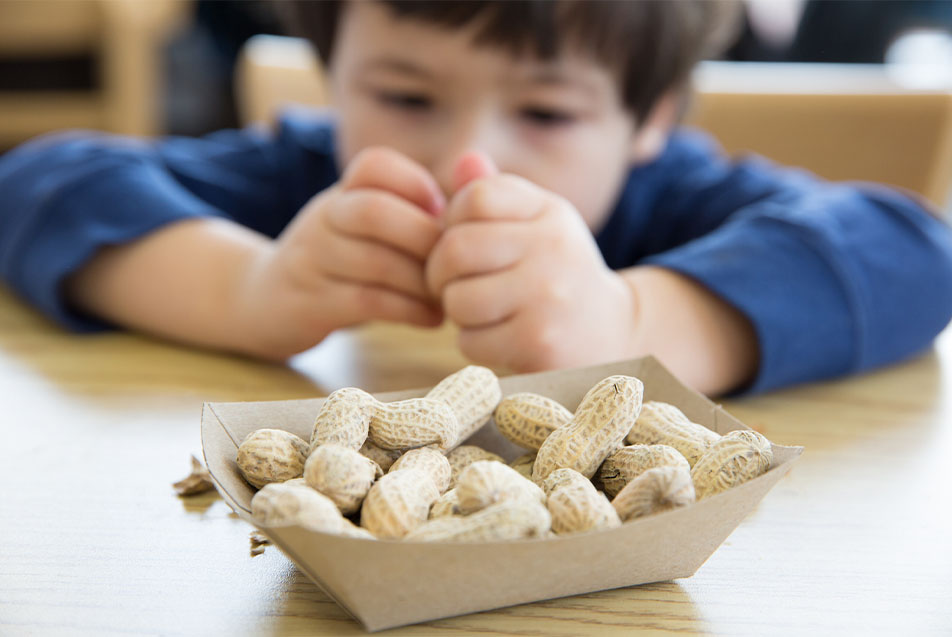
This post was written by Diana Munoz-Mendoza, MD, PPG – Allergy, Asthma & Immunology.
According to the Asthma and Allergy Foundation of America, about 32 million people in the United States have food allergies. An approach to treatment, called oral immunotherapy (OIT), is offering hope for patients beginning in childhood, with new products and knowledge emerging on the subject every year.
What is oral immunotherapy?
OIT is a treatment for food allergies that entails eating small amounts of the food that someone is allergic to. This may be scary for someone with food allergies, however, the food is eaten in tiny amounts and with a controlled dose that is progressively increased, until the patient reaches the “maintenance dose.”
The goal of the treatment is to become “desensitized” to the food, meaning the individual is able to tolerate and eat a significant amount of the food without having an allergic reaction. OIT is not the cure for food allergies, however it lowers the frequency and severity of allergic reactions by accidental exposures and decreases anxiety in patients and families, which translates to a better quality of life. Kids are able to eat in restaurants or attend birthday parties without the fear of having an allergic reaction from an inadvertent exposure.
What are the risks of OIT?
Side effects of OIT are usually mild and consist of mouth/throat itching, belly pain, nauseas, vomiting, runny nose and hives. Patients on OIT and their families must know the proper technique and be comfortable using an epinephrine auto-injector, commonly known as an Epipen®, because severe allergic reaction (anaphylaxis) can occur during OIT treatment and epinephrine is the best treatment for it.
Another rare side effect is eosinophilic esophagitis, which is when kids have trouble swallowing the food, vomiting and/or belly pain, due to inflammation on the esophagus. Most of the time, eosinophilic esophagitis clears up after stopping OIT.
A new pediatric option
In 2020, the Food and Drug Administration (FDA) approved the first peanut OIT product, Palforzia, for kids 4-17 years of age with a confirmed peanut allergy. The allergen powder is designed to mitigate allergic reactions, including anaphylaxis, that may occur with accidental exposure to peanuts.
Whether you pursue Palforzia or other peanut products for OIT, parents and allergy sufferers should never try OIT without the supervision and expertise of an allergist.
To find out if your child is a good candidate for OIT, consult an allergist. Parkview Health has two allergy, asthma & immunology practices in Fort Wayne. If you're interested in establishing care with one of our providers, call 260-425-6070, Monday - Friday from 8 a.m. - 5 p.m.



